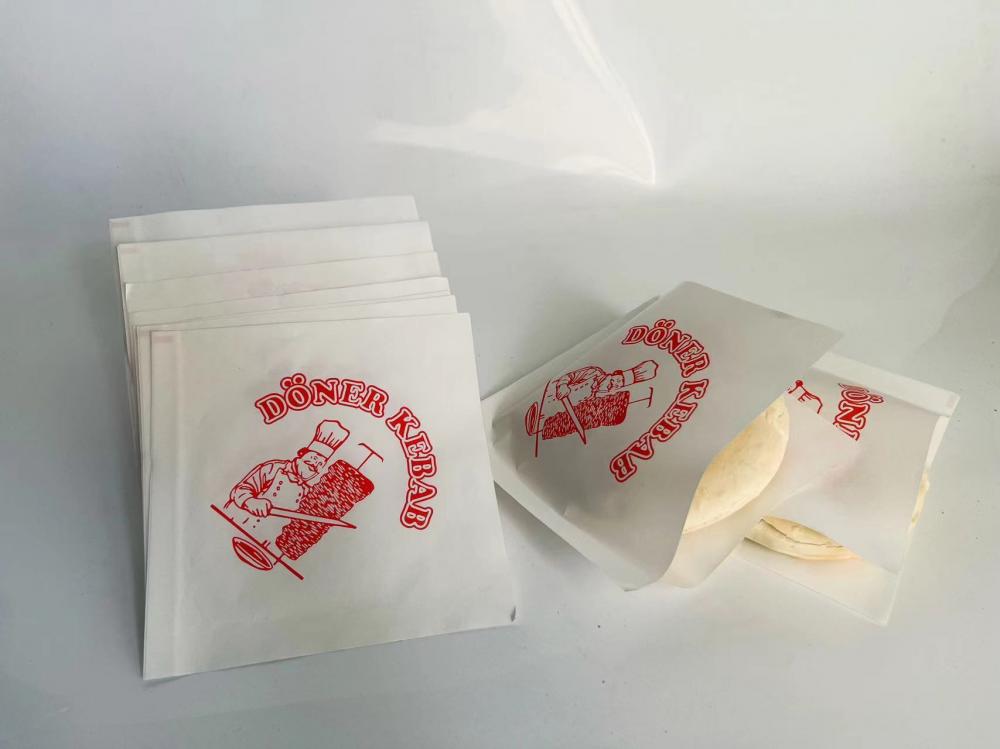Small-displacement vehicle price factor is the most sensitive
Consumers of small-displacement vehicles are mainly working-class and low- and middle-income groups. Because income is not high, buyers of small-displacement cars are particularly sensitive to prices. A few thousand dollars cheaper for a car is a great advantage for them
According to the statistics of the China Association of Automobile Manufacturers, under the incentive of the national vehicle purchase tax reduction policy, the cumulative sales of 1.6L and below passenger cars in 2009 amounted to 7,195,500, accounting for 69.65% of the total sales of passenger cars. A net increase of nearly 3 million vehicles a year. Of which, 1.6L or less displacement cars have sold 5.817 million vehicles, a net increase of 2.07 million vehicles over the previous year, accounting for 69.34% of the total sales of cars, an increase of 7.8 percentage points over the previous year.
In 2009, the sales of Chinese cars, including passenger cars and commercial vehicles, increased by 4,308,500 over the previous year, of which the 1.6L and lower passenger cars had a net increase of nearly 3 million vehicles from the previous year, which became the driving force for growth. The main driving force.
This year, the state adjusted its relevant policies, and the reduction in vehicle purchase tax is reduced. As a result, the discount rate has decreased. The sales volume of passenger cars with 1.6L or less in the first half of this year has obviously slowed down.
The introduction of energy-saving vehicle subsidy policies will change this trend. A price of 60,000 yuan in energy-saving small-displacement cars under the current policy, purchase tax reduction of about 1,500 yuan, plus 3,000 yuan in energy-saving car subsidies, each car can spend less 4500 yuan, equivalent to the price 7.5%.
The introduction of the energy-saving vehicle subsidy policy promotes sales of the short-listed models on the one hand. Auto manufacturers have subsidized a 3,000-yuan license for similar models that have not been shortlisted to compete. The result of the competition will greatly promote the sales of small-displacement passenger cars, which will once again stimulate the domestic auto market in the second half of the year.
Energy-saving car subsidies to drive the auto market clearly
The first batch of energy-saving vehicle subsidies was collected from June 18th. For the effectiveness of subsidies, some media believe that the role of pulling the auto market is limited. However, according to data from the China Automotive Technology and Research Center, in July this year, the number of passenger car sales fell by 3.44% compared to last month. The first batch of energy-saving car catalogs involved energy-saving automotive products from 16 production companies. July sales were 57,353 units. , an increase of 11.75% over June.
Some models in the first batch of energy-saving car catalogs have not been introduced to the market, such as Beijing Hyundai Rena, although as early as June of this year, it was included in the first list of energy-saving vehicle promotion. However, the model was officially listed on August 23.
With the listing of unlisted models in the first batch of catalogs and the addition of the second batch of catalog models, there will be more energy-efficient cars for consumers to choose to purchase. Will effectively expand the sales of energy-saving cars.
As the domestic auto market is about to enter the sales season of “Golden 9 Silver 10â€, coupled with energy-saving vehicles to drive the auto market, and the upcoming third batch of energy-saving automobile catalogues, the domestic auto market will stop the sequential decline in sales volume in the last few months of this year. And there may be a wave of new growth.
Energy-saving vehicle subsidies need to be improved
"Energy-saving products benefit people project" energy-saving vehicles (1.6 liters and less passenger cars) to promote the implementation of the rules."
From June this year, the national finance will give a subsidy of RMB 3,000 per vehicle to the energy-saving vehicles that have been included in the promotion catalogue. It is redeemed to the buyer by the production company at the time of sale.
Some consumers have reported that some car dealers turned subsidies into subsidies when implementing subsidies for energy-saving vehicles, and consumers did not enjoy state subsidies. This situation has occurred everywhere.
Some analysts believe that the current energy-saving vehicle subsidy method, consumers can not directly feel the subsidy, and even the dealers got a hole. The government spent money, but it was not done well. Some experts suggested that the current practice of redemption of the production company to the purchaser at the time of sale should be replaced by the subsidy from the purchase tax, and the consumer should deduct the purchase tax after paying the purchase tax.
BSCI Audit Paper Packaging Bag For Foods
Kraft paper bags are non-toxic, tasteless, pollution-free, in line with national environmental standards, with high strength, high environmental protection, is one of the most popular environmentally friendly packaging materials in the world. Making kraft paper bags with kraft paper has been more and more widely used, in supermarkets, shopping malls, shoe stores, clothing stores and other places shopping, generally there will be kraft paper bags supply, convenient for customers to carry the purchase of items. Kraft paper bag is an environmentally friendly packaging bag, which has a wide variety.

bsci audit paper packaging bag
Qingzhou Xincheng Packaging Co., LTD , https://www.qzxcbc.com